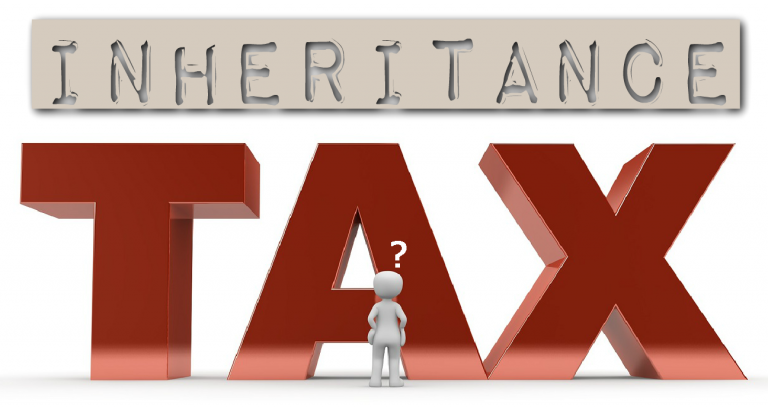The Common Mistakes in Computing Payroll Taxes

There are many instances where incorrect calculations of payroll taxes are committed by employers. They make numerous mistakes when misclassifying employees, miscalculating wages, and failing to send 1099s to employees. These mistakes can lead to severe penalties, including fines and penalties imposed by the Department of Labor and the Internal Revenue Service. To avoid them, educate yourself about the payroll requirements of your state.
Misclassifying employees
IN A RECENT STUDY, the IRS estimated that as many as 6 million American workers were misclassified as independent contractors. Misclassification can be avoided by conducting reclassification audits. However, reclassifications might result in worker compensation liabilities or immigration scrutiny and audits.
This means that you must carefully consider the relationship between the worker and employer and reassess the status. If the relationship does not change, it can result in significant penalties. Review your employee status regularly. It may be beneficial to use a temporary employment agency for payroll processing.
Incorrect Calculations of
Employers must calculate the gross wages of their employees and record this information accurately in their financial statements. But gross wages can be miscalculated, affecting the overall accuracy of the numbers. Gross wages are the total remuneration paid to employees. In contrast, taxable gross wages represent wages subject to taxes and other charges. While an employee’s gross wages may be the same as their taxable gross wages, the two are not the same.
Payroll errors have a domino effect. When gross wages are miscalculated, the error impacts many processes, from calculating the gross wages to employees’ take-home pay. Gross wages are the total remuneration before any deductions. Mandatory deductions are regulated by law. Voluntary deductions are voluntary and are set by the company and agreed upon by the employee. Typical voluntary deductions include health insurance, 401(k) plans, flexible spending accounts, short-term disability insurance, and life insurance.
Neglecting to send 1099s
As an employer, you must pay federal payroll taxes and report all employees’ wages, deductions, and other payments to the IRS. You should also provide your employees with the appropriate W-2 and 1099 reports detailing the compensation paid and amounts withheld. In addition, you may have state requirements, too. Payroll tax rules are complicated, and penalties for noncompliance are steep. Most small businesses outsource their payroll tax administration, but accurate compliance is critical to avoid penalties.
Not sending 1099s to employees can cause penalties for your business. You risk incurring late penalties and interest charges when you miss deadlines. In addition, if you fail to keep records of your employees, you could be hit with lawsuits. The law requires employers to keep records of employees’ W-4 forms for four to six years.
Payroll requirements
If you have a small business, you may not have to spend a lot of time studying payroll procedures and tax calculations. Instead, educate yourself on the practical benefits and tax adjustments. These taxes help fund great social programs, including Social Security and Medicare. But, if you’re not careful, you could pay more than you need to. Luckily, there are many ways to make payroll tax calculations easier.
It’s essential to understand that mistakes in payroll processing can result in significant penalties. In addition to affecting your employees, errors can cause costly fines and legal repercussions. While you can’t avoid mistakes, you can minimize your risk by doing the proper research and using the right payroll software. Besides, payroll software can prevent mistakes by automating the process, especially when it comes to tax services.
IRS penalties for making payroll errors
Payroll mistakes can cost you more than just money. They hurt your reputation and cost you the trust of your employees. You also have to account for employee turnover and hiring new employees, two costs you need to be sure you’re not incurring. Payroll handling is often a factor. Here’s how to avoid these mistakes. Follow these easy steps to avoid costly IRS penalties and considered all of these possible costs before deciding when you make a payroll error.
Make sure you follow the IRS’s payroll tax rules. Otherwise, you could face huge fines from the IRS. Payroll tax penalties vary, but the most common is the Trust Fund Recovery Penalty Tax, which requires employers to withhold at least two percent of their total payroll. The penalty applies to gross wages, hourly rates, and employment periods. There’s no reason to risk your business’s reputation and pay more than you.










